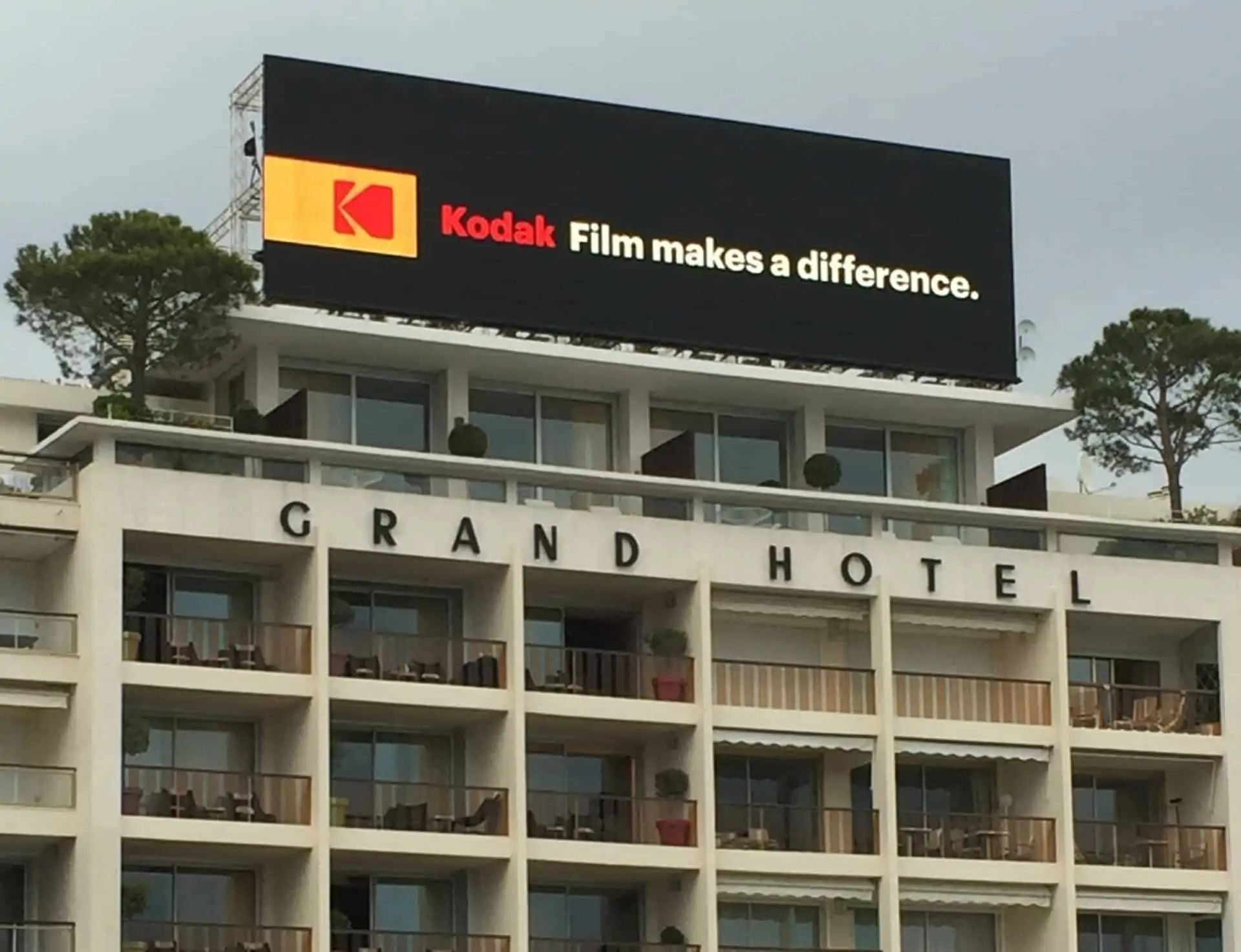DESTINATION UK
Special Report / UK Film Industry
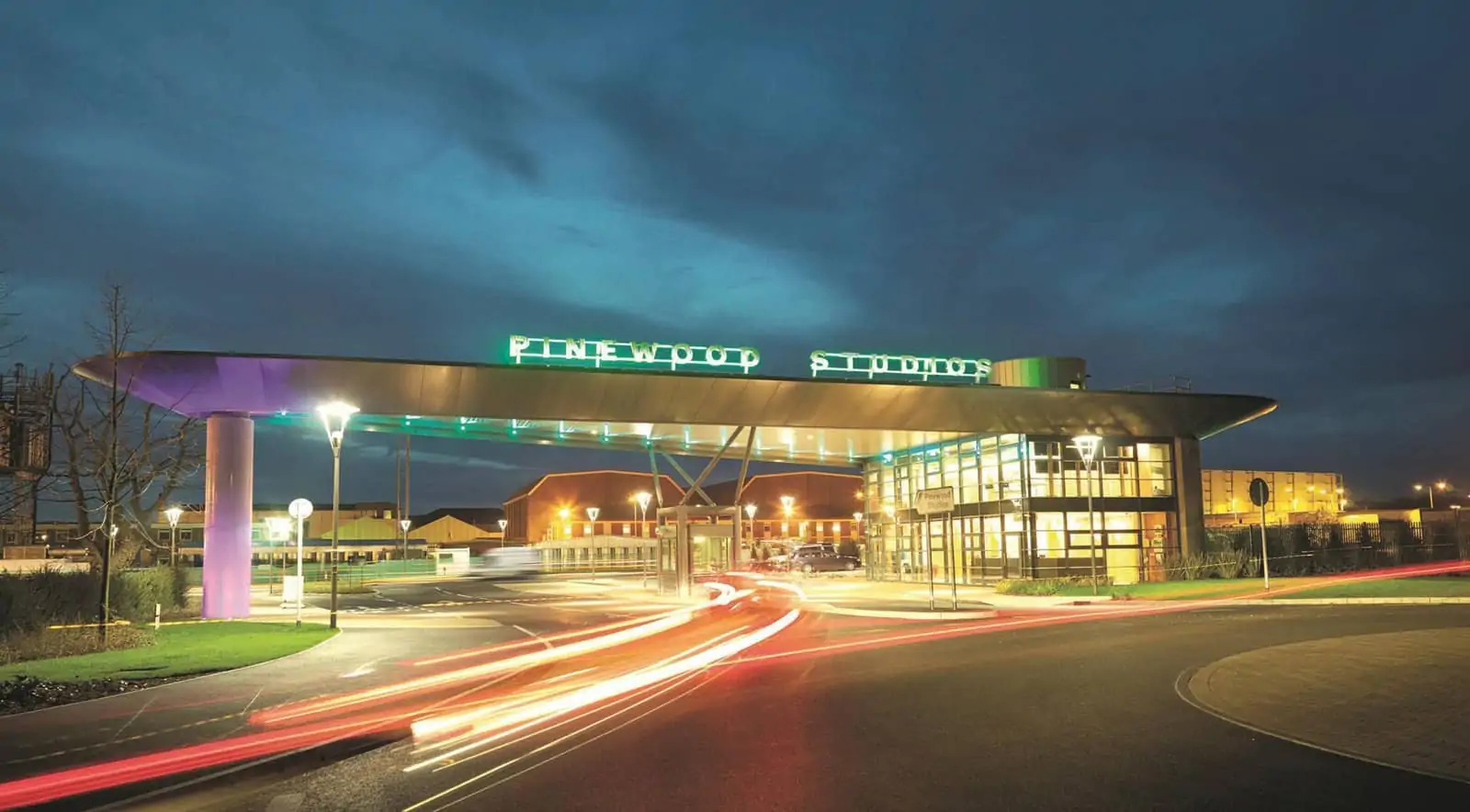
DESTINATION UK
Special Report / UK Film Industry
BY: Kevin Hilton
From its earliest days, the UK film industry built an enviable reputation as an international production base. It has not only produced commercially-successful and critically-acclaimed homegrown films, but its studios, post-production facilities, visual effects (VFX) houses and creative-technical production crews have also played major roles in the making of Hollywood blockbusters and popular high-end TV series.
A constant over the years has been the skill and standing of cinematographers, from the 'golden age' of British cinema - such as Freddie Young OBE BSC, Oswald Morris OBE BSC and Douglas Slocombe OBE BSC - to the 'new wave' of Freddie Francis BSC, John Alcott BSC and Chris Menges BSC ASC, and today's current leaders in the field, a good many of them being active members of the British Society Of Cinematographers.
Despite all these advantages, the fortunes of the UK market fluctuated dramatically throughout the 20th century. "Going back at least 20-years, or even longer, the British film industry was a feast or famine business," comments Iain Smith, film producer and chair of the British Film Commission (BFC). "The industry was very divided within itself, with a 'them-and-us' approach by both employers and the unions. There was a further division between Pinewood and Soho, between big international British pictures and independents."
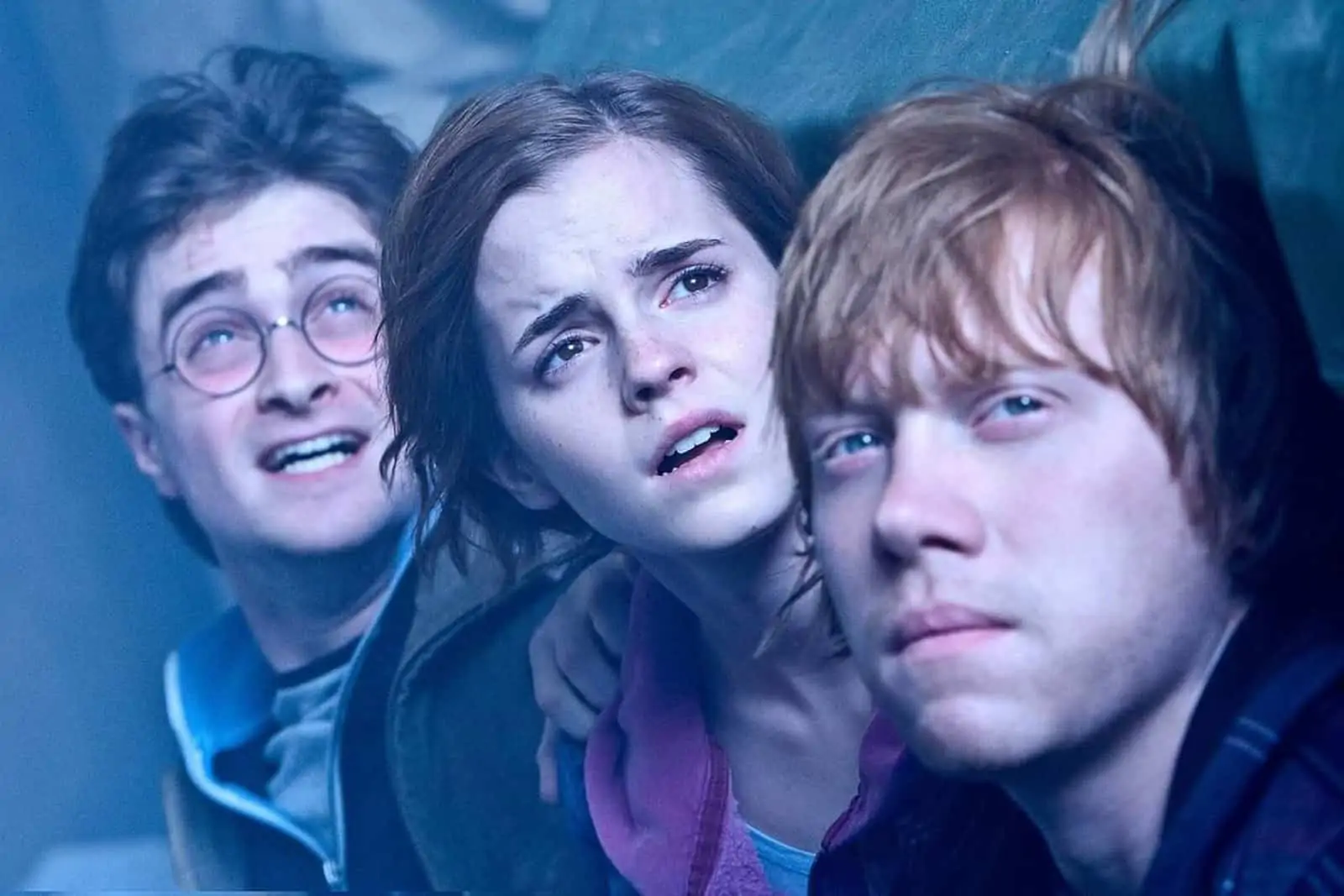
When Smith became chair of the BFC in 2011 his aim was to "stitch together the them-and-us" and bolster the human and technical infrastructure available, including cinematography, with the ultimate goal of attracting inward investment and bringing productions to the UK. Tax relief and financial benefits have played a significant part in the development of UK film, with many attempts by UK governments over the years to stimulate and support the industry, some of which have been more successful than others.
Between 1997 and 2006 a 'sale and leaseback' system was in operation, facilitating cashflow and enabling productions to qualify as British films by basing a percentage of a film's production in the UK and using predominately UK cast and crew. This was replaced by the Finance Act 2006, which offered tax relief to films deemed 'culturally British', with a points system determining the amount of financial support based on the content of the film, the talent involved behind and in front of the camera, and the facilities used.
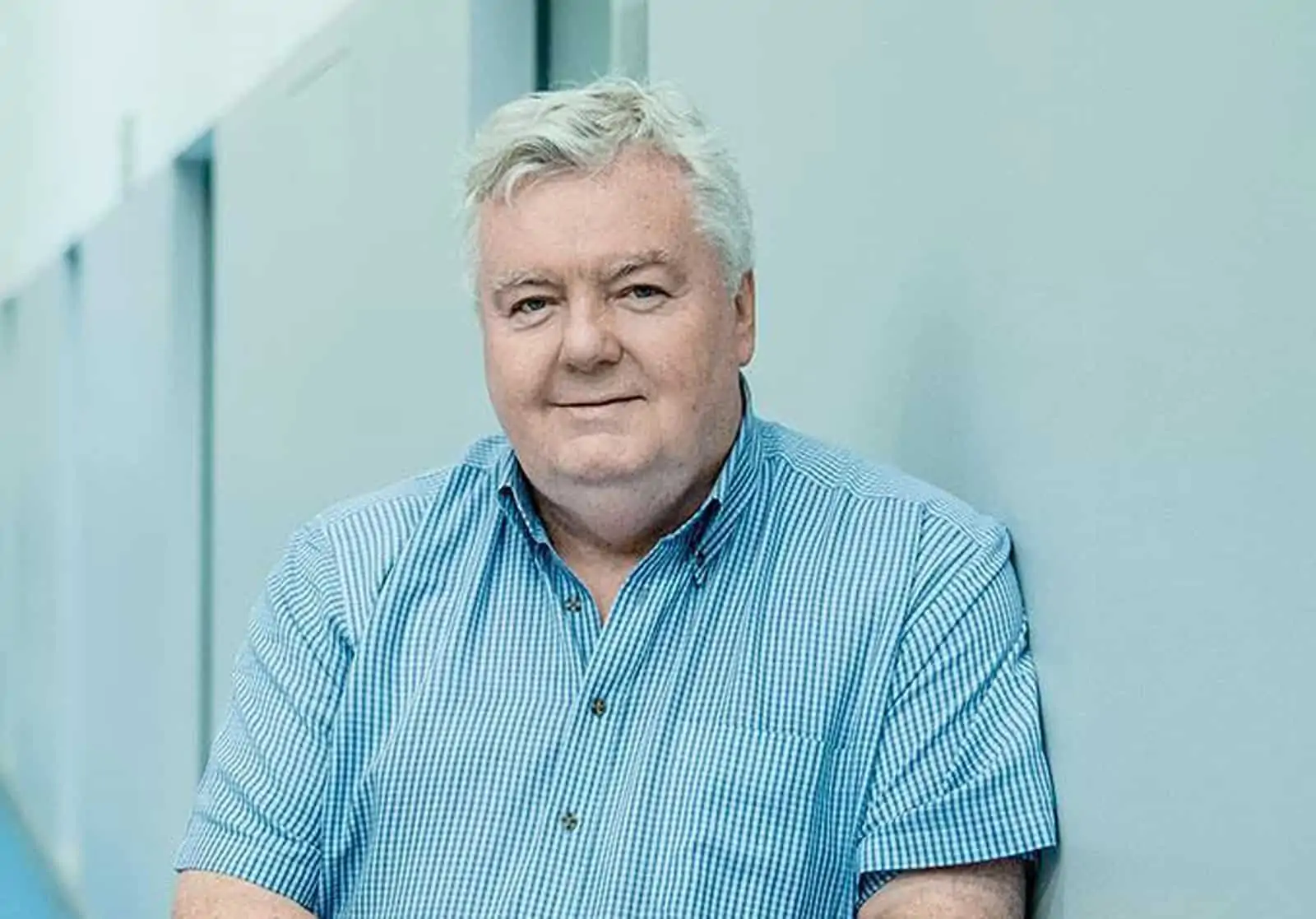
Neil Peplow, director of international affairs at the British Film Institute (BFI), acknowledges that tax relief has played an important role in attracting international production, as well as supporting domestic filmmaking, but says it is not the sole influence on production. "It has to work hand-in-hand with the key deal clinchers that are essential to all productions: highly-skilled crews, plus state-of-the-art studios and VFX houses," he says.
Peplow observes that there has been a "huge turnaround in growth" in the UK market over the last 18 years, with investment from both the public and private sectors. "In 2002 we were looking at £960m being spent on film production in the UK," he comments. "As of last year we are looking at £1.96bn, and taking high-end television production into the equation, makes the total more than £3.6bn."
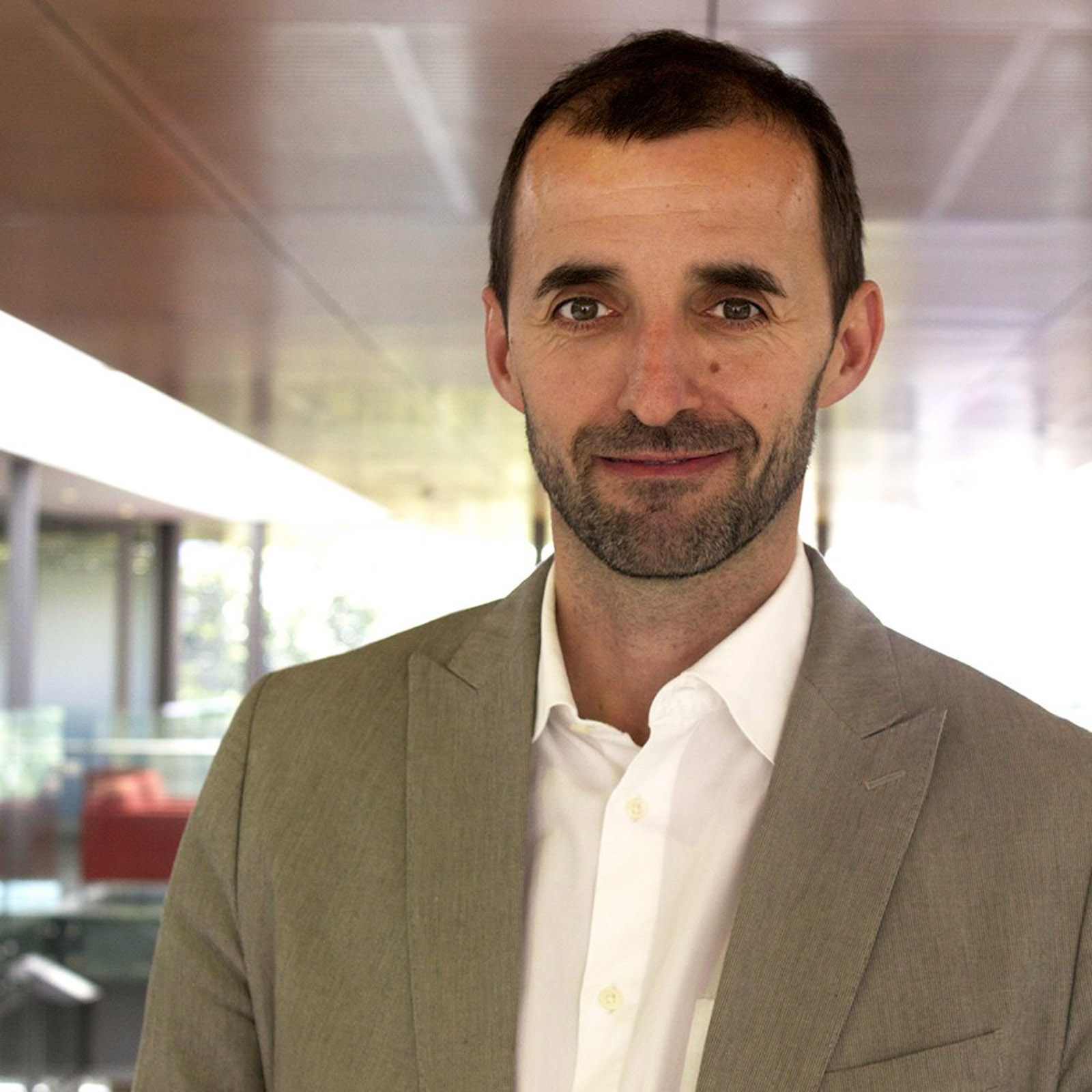
The VFX sector has played a major role in bringing effects-heavy features and episodic series - such as Game Of Thrones - into the UK. A turning point was the franchise based round the adventures of "a young wizard", as Neil Hatton, chief executive of UK Screen Alliance, puts it: "That was when VFX grew up and went from a cottage industry to a world-beater that has helped keep work in the UK."
The Harry Potter series of movies also pushed the growth of UK studios, with Warner Bros turning Leavesden Studios, a former aerodrome that had been working on films since the mid-'90s, into a major filmmaking centre.
Of the established big names, Pinewood has expanded over this time and is now building more sound stages to double its capacity by 2025. The other major studio in the Pinewood Group, Shepperton, is undertaking a £1.5bn expansion programme.
Andrew Smith, director of corporate affairs at the Pinewood Group, says the aim is to bring in additional capacity at both Pinewood and Shepperton that will "go a long way" to meet what is perceived as a shortfall in the market. Similar programmes have been undertaken by other established British studios: Elstree, Ealing and Twickenham are all planning additional stages and facilities as well.
There has also been significant growth outside London, including Dragon Studios and Bristol's The Bottle Yard Studios, whilst new studios are being built at the former Littlewoods building in Liverpool, a disused factory in Dagenham and on the site of old railway work in Ashford, Kent. In addition, US company Blackhall Studios is working with the University Of Reading on a large purpose-built facility at a science park in the Berkshire town.
Titanic Studios in Belfast has been a major beneficiary of what is described as the "streaming effect", but other studio sites are also benefiting: Netflix has created a production hub at Shepperton, whilst Disney has signed a long-term deal with Pinewood.
The coronavirus pandemic shut down film and TV production worldwide, but studios were beginning to open again at the beginning of July. These, and VFX/post houses, will be conforming to guidelines to ensure health and safety they have either drawn up themselves, or which have been published by industry bodies and been ratified by UK Government.
Whilst the UK economy has been hit severely by the Covid-19 outbreak, many in the film production business are hopeful that its unprecedented commercial success will continue. "We have been seeing announcements from the various cinema chains about opening again," says Andrew Smith. "People want to see big films on a big screen."
Sustaining the success and longevity of UK film production will partly rely on maintaining a high level of technical talent and expertise. Iain Smith says that building-up the industry's infrastructure and nurturing crafts and technical knowledge was instrumental in getting the market to where it is now. UK Screen Alliance is encouraging young talent through apprenticeships, whilst at the same time improving the gender balance and bringing through more people from BAME communities. The BSC is also eager to advance new cinematographers and camera crew from all backgrounds, with the overall aim of driving the film industry forwards.
There are likely more ups and downs to come, but the strong position the UK film industry has reached over the last 18 years looks solid for the future. It's another golden age.


